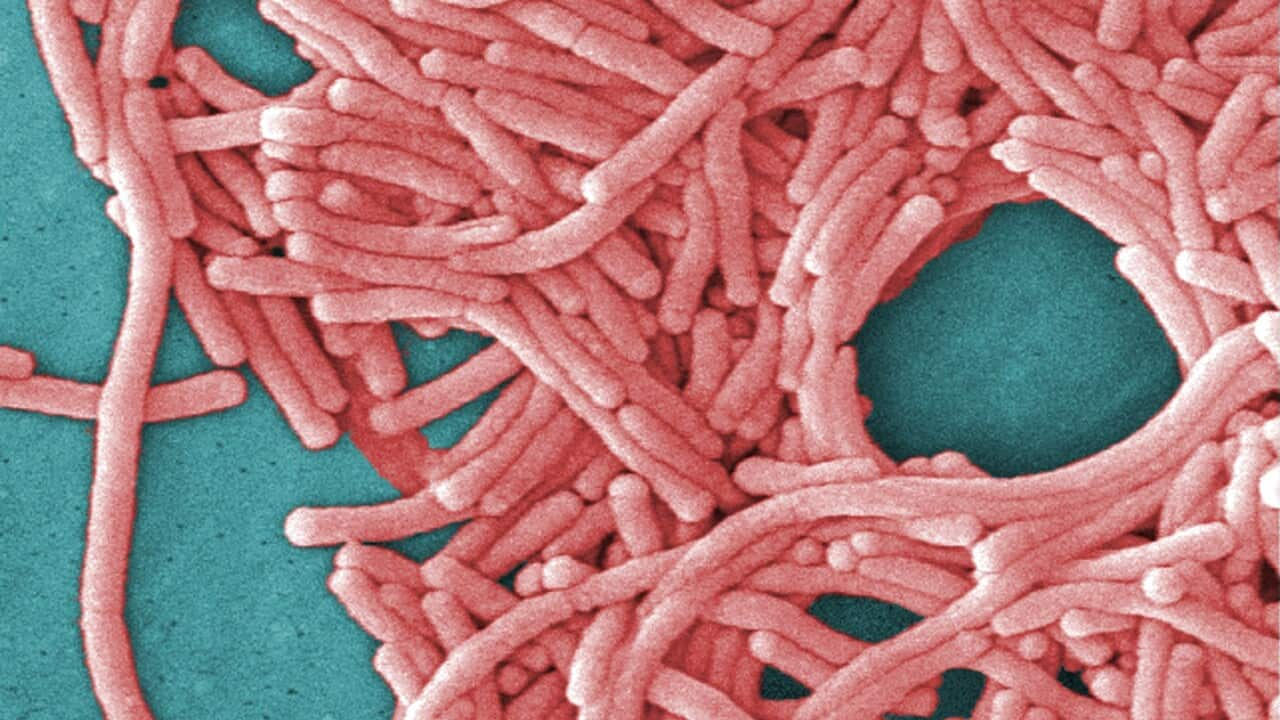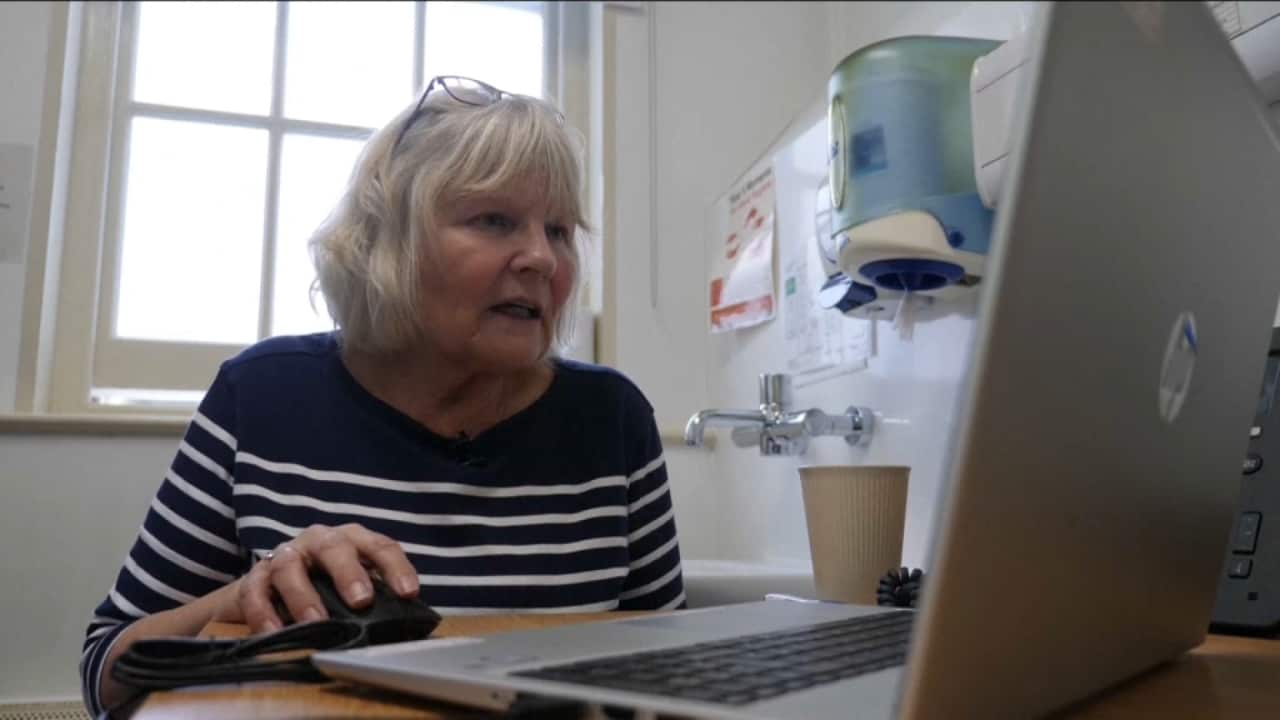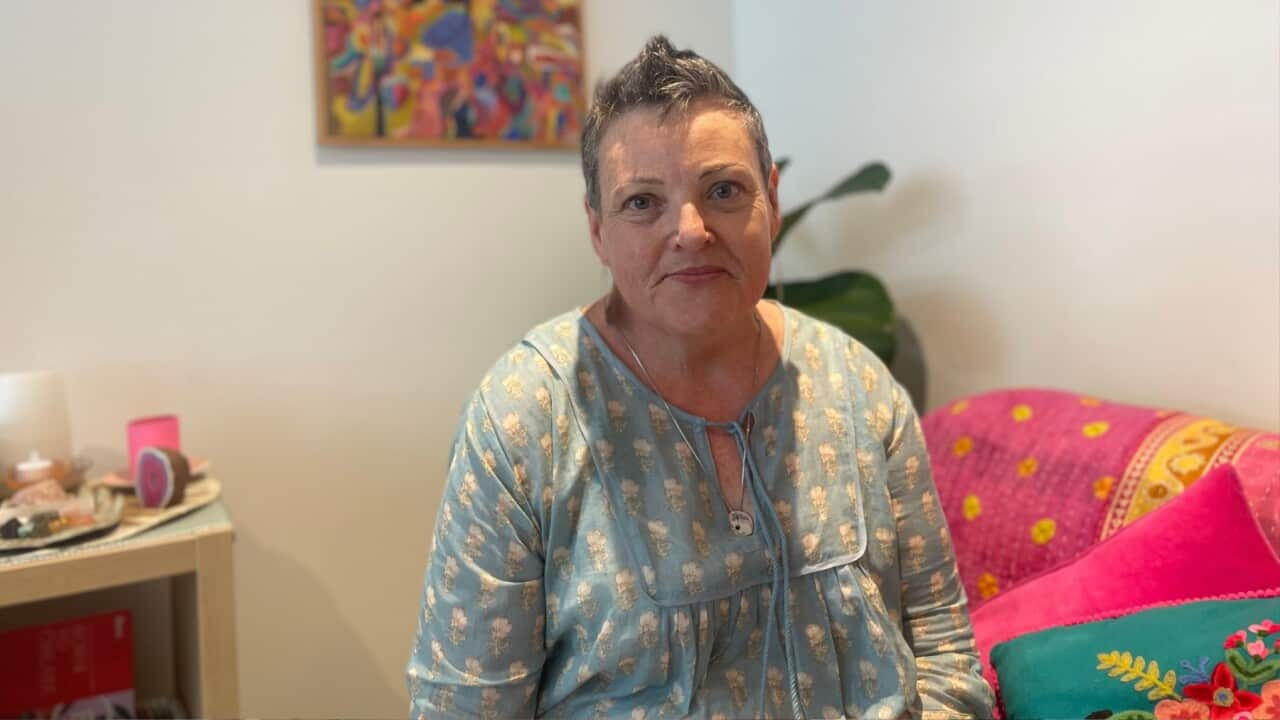TRANSCRIPT
Legionnaires' disease is a severe form of pneumonia - an infection of the lungs.
It's caused by legionella bacteria, which can be found in warm, stagnant water, including natural sources - such as creeks, lakes and hot springs.
It can also be present in manufactured water systems like spas, humidifiers, fountains and water cooling systems - associated with air-conditioning.
Associate Professor Norelle Sherry from The Peter Doherty Institute for Infection and Immunity.
“Infection occurs when somebody inhales the legionella bacteria - usually from water or the environment and in cities the most common cause of this is inhaling aerosols from contaminated water cooling towers from large commercial air conditioning units.”
A cooling tower at Laverton North in Melbourne's west has been identified as the source of the Victorian outbreak.
It follows an investigation, with more than 50 cooling towers in the suburb and neighbouring Derrimut tested and disinfected.
Dr Clare Looker, Victoria's Chief Health Officer say authorities are now confident the state has passed the peak of the outbreak.
“Today's development is significant. The tower was visited early in our investigation on July the 30th and disinfected within 24 hours of that visit. This is a direct result of rapid investigation which saw the likely source location, tested and disinfected within a matter of days.”
The exact details source, however are yet to be confirmed.
LOOKER: "Cooling towers are typically used on big sites, workspaces, factories, shopping centres - big institutions so it is a big site like that."
REPORTER: "Is it a shopping centre?"
LOOKER: "I can't provide details about that.”
Symptoms of legionnaires' disease include fever, chills, cough and shortness of breath.
Some people also have muscle aches, headache, tiredness, loss of appetite and diarrhoea.
And while most recover, the disease can be fatal.
Professor Sherry says there are treatments available.
“So anyone with symptoms of pneumonia - so fever and a cough should go and see their GP or go to hospital if they're quite unwell. Doctors have already been advised to test widely and order specific tests for legionella and if they're diagnosed with legionnaires disease they certainly can be treated with specific antibiotics.”
The disease is not commonly spread from person to person and so Victorian authorties are confident the outbreak has been contained.
Still, they're urging people to be aware of symptoms.













